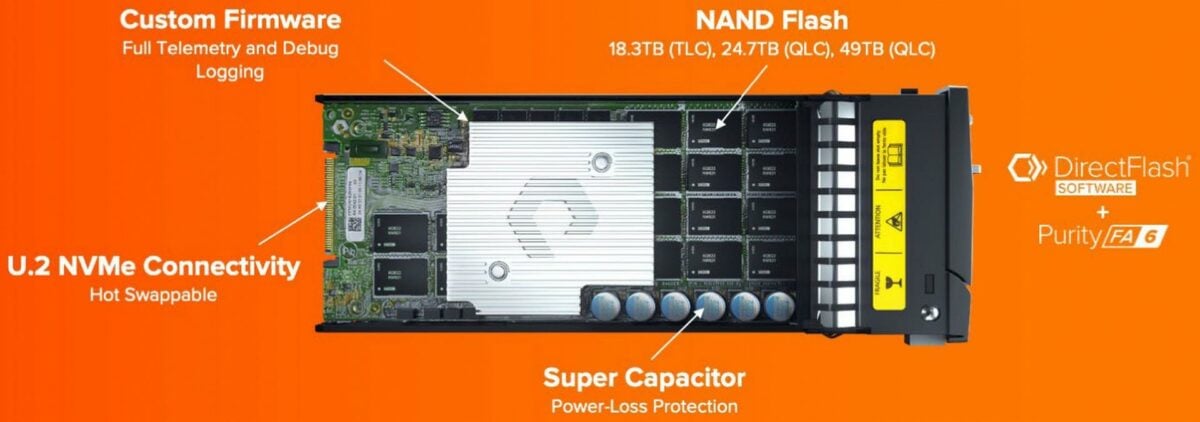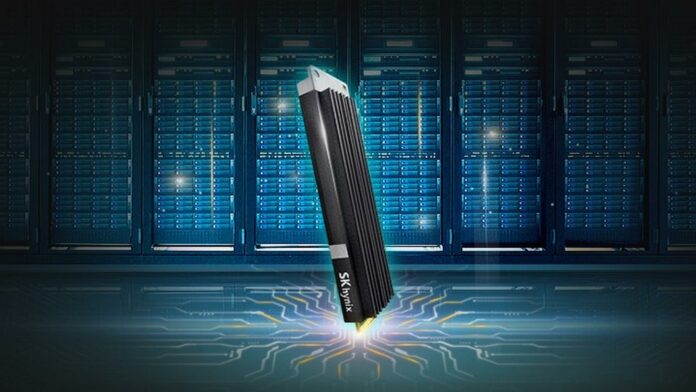SK Hynix has teased a new SSD boasting outstanding capacity, enough to fit Red Dead Redemption 2 or Baldur’s Gate 3 over 2,000 times. This enterprise solution marks another attempt to satisfy the growing demand for fast storage solutions targeting AI.
Though SSD sizes have slowed down lately as manufacturers focus more on speed, the race to the highest capacity isn’t dead yet. Every now and then we hear about a Micron or Samsung X-layer NAND chip that promises more at the same footprint, yet here we are years later with consumer SSDs still maxing out at 8TB. Well, at least those obtainable drives that don’t require a bank loan.
Today, SK Hynix is also joining the party, but instead of talking about NAND chips, the brand teased a whopping 300TB SSD at a press conference in Seoul, South Korea. While we technically can get even more than that using a bunch of SSDs in RAID through an addon card, SK Hynix seems to be working on a single drive rocking such capacity.

If Pure Storage’s 300TB module 2026 release date is any indication, SK Hynix is likely to launch its solution around the same timeframe. As usual, even if these tend to debut as expensive server products, they are bound to reach us one day. With some luck, we would have to wait only a couple of years before starting to see consumer-grade equivalents.
While SK Hynix didn’t give much information regarding its solution, we guess that the NAND flash inside could reach around 500 layers to hit the required per-chip density. The second important part is the speed at which data is written and retrieved. Such drivers will need a super-fast interface, maybe PCIe Gen 6?
Now pricing-wise, even if we consider the cheapest £/TB currently available in retail, such a capacity would cost us an eye-watering £13,800. Thankfully this is unlikely to be the case for the consumer variant even knowing that such a product is, first of all, made for servers and datacentres. You know, AI and all that jazz. Now we can only wait and see.

